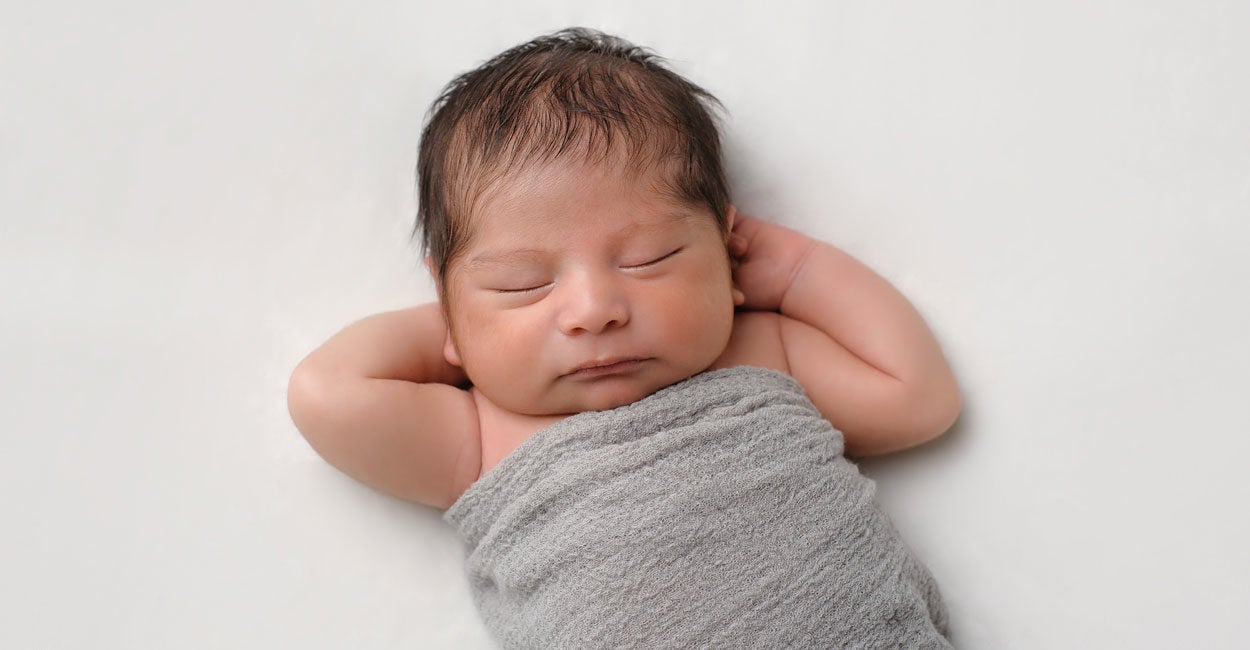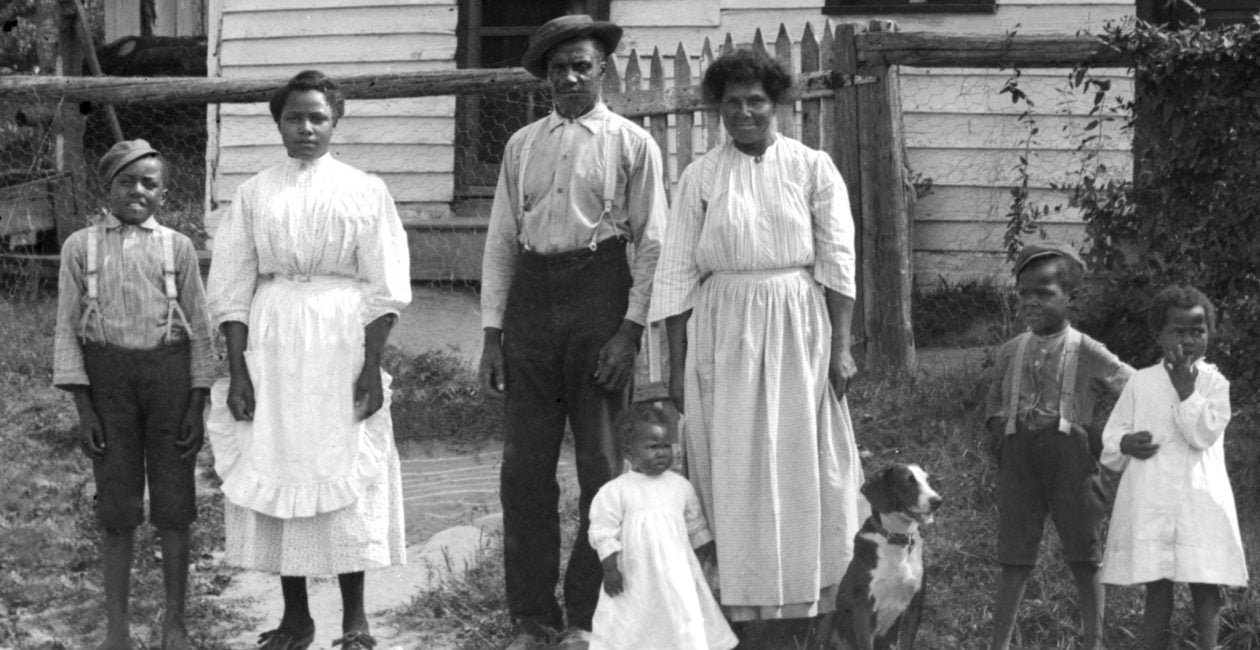Hispanics and pro-life advocacy go together naturally, in no small part because of Hispanics’ Christian faith. Studies have shown that most Hispanics are religiously observant, with about 83% of them affirming a religious affiliation. More important than statistics, however, and more indicative of their views on the issue of abortion, is the emotion with which they explain their culture and views on life.
Pilar Sanchez, 46, a resident of Elizabeth, New Jersey, responded with a finger pointed up at the ceiling. “Firstly, it is an offense to God,” she said. She has lived in the United States for less than 10 years, in a city where 61% of the population speaks Spanish. She perceives the pro-choice culture a greater threat here than it was back in her native country of Colombia.
“I’m sure things have changed on the political [front] since we left [Colombia]. [Abortion is] legal now there, too, but inside the home, things will always be the same. Our families always taught us about what it means to be a family. It means children come first,” Sanchez said. “I don’t think Latino families will stop teaching their children to value the family, just because legislation is passed to permit something that is intuitively wrong,” she added. Sanchez views it as her duty to raise her children with her Christian values, no matter what they are taught outside of the home.
Polls show that Hispanic public opinion on abortion is almost evenly split, but Sanchez said that polls and legislation do not reflect the views of most people like her who aren’t politically active, since they have heavy work schedules, yet are no less resolute in their convictions.
Sanchez smiled while stating her view on abortion directly but kindly. “Definitively and completely against it,” she said. She shifted her hand gestures from pointing at herself to pointing at her children, who were sitting with her at their kitchen table. “It is something that I talk about with my children, always telling them never to abort or support abortion,” she said.
Sanchez said that her church discusses the issue during its weekly Masses, and her parish priests have made the subject a part of their homilies. “I attended a women’s forum, in fact, that talked about this very topic,” she said. In March, Sanchez recalled, she attended a bilingual women’s conference at Seton Hall University in South Orange, New Jersey, promoted by the Archdiocese of Newark. She recalled seeing various pro-life displays and tables at the event, at which one of the speakers was Lucia Baez Luzondo, co-founder and executive director of Renovacion Familiar, or Family Renewal Ministries, and director of mediation, public policy, and Catholic multicultural ministries at Live the Life Ministries.
“For decades, Hispanics have been targeted by agenda-driven, pro-abortion establishments, media, and lobbyists. This is not surprising, as the contraception and abortion industry, with its eugenics, anti-faith, and anti-family agenda, focuses on vulnerable and easily influenceable minorities as its main prey and a principal source of income,” Baez Luzondo said.
“Sadly, most of the main U.S. Hispanic television stations and other Hispanic media outlets are megaphones, who echo liberal and ‘progressive’ politicians, to misinform and indoctrinate Hispanics in favor of contraception and abortion, thus dehumanizing them and their offspring, many of whom don’t get the opportunity to be born and contribute to their communities and American society,” Baez Luzondo said.
Sanchez would presumably agree with that statement, especially since she, too, mentioned the importance of inculcating pro-life values to her children despite the outside influences of the media. “The problem is that New Jersey is a liberal state,” said Sanchez’s son, Santiago, 17. “It is assumed that you have to be in favor of abortion, and when you talk about it with your friends, it’s not a fair conversation.”
He explained that it’s difficult to express dissenting opinions on the topic. “We don’t talk about abortion in health class or in school, so most of the views we hear about it are through social media. Then, when friends talk about it, it’s always the same point of view.”
His sister, Alejandra, 14, had a similar experience. “We don’t really talk about that in school, either. We just watch movies in health class,” she said.
While there’s a worry that younger generations might deviate in political and religious views from their parents, there is strong evidence that Hispanic youths, no matter the political affiliation, will sustain their pro-life support, in large measure due to the strong moral teachings of mothers like Sanchez on her children, the ministry work of women like Baez Luzondo, and the efforts of churches across the country.
“Nevertheless, thanks to the effort of Christian churches, especially the Catholic Church, and conservative entities and think tanks, and their effective outreach, they are reaching the minds and hearts of many Hispanics,” Baez Luzondo said, optimistically focusing on what’s yet to come.
“I believe that the Hispanic pro-life culture in the United States is beginning to hit critical mass, and more and more Hispanics are seeing past the smoke screen of lies promoted by the pro-abortionists, and are defending and supporting the sanctity and dignity of human life from the time of conception to natural death,” she said.
[italics and colored emphasis mine]
Monthly Focus | INDIA - For the first time, India entered the top 10 on the 2019 World Watch List. Research indicates that in 2018, more than 12,000 attacks on Christians were reported (many go unreported). This month, we invite you to pray with us for our Indian brothers and sisters.
August 23 | NORTH KOREA - North Korea has announced a food shortage of 1.4 million tons, cutting daily food rations in half. Pray with parents struggling to feed their families. Ask God to lead them to hidden manna.
There is discrimination of all sorts, and that includes racial discrimination. Thus, it’s somewhat foolhardy to debate the existence of racial discrimination yesteryear or today. From a policy point of view, a far more useful question to ask is: How much of the plight of many blacks can be explained by current racial discrimination?
Let’s examine some of today’s most devastating problems of many black people with an eye toward addressing discrimination of the past and present. At the root of most of the problems black people face is the breakdown of the family structure.
Slightly over 70% of black children are raised in female-headed households. According to statistics about fatherless homes, 90% of homeless and runaway children are from fatherless homes; 71% of pregnant teenagers lack a father figure; 63% of youth suicides are from fatherless homes; 71% of high school dropouts come from fatherless homes; and 70% of juveniles in state-operated institutions have no father. Furthermore, fatherless boys and girls are twice as likely to drop out of high school and twice as likely to end up in jail.
One might say, “Williams, one cannot ignore the legacy of slavery and the gross racism and denial of civil rights in yesteryear!” Let’s look at whether black fatherless homes are a result of a “legacy of slavery” and racial discrimination.
In the late 1800s, depending on the city, 70% to 80% of black households were two-parent. Thomas Sowell has argued, “The black family, which had survived centuries of slavery and discrimination, began rapidly disintegrating in the liberal welfare state that subsidized unwed pregnancy and changed welfare from an emergency rescue to a way of life.”
As late as 1950, only 18% of black households were single-parent. From 1890 to 1940, a slightly higher percentage of black adults had married than white adults. In 1938, black illegitimacy was about 11% instead of today’s 75%. In 1925, 85% of black households in New York City were two-parent. Today, the black family is a mere shadow of its past.
Let’s ask a couple of questions about crime and education and racial discrimination.
It turns out that each year more than 7,000 blacks are victims of homicide. That’s slightly over 50% of U.S. homicide victims. Ninety-four percent of the time, the perpetrator is another black person. Along with being most of the nation’s homicide victims, blacks are most of the victims of violent personal crimes such as assault and robbery.
At many predominantly black schools, chaos is the order of the day. There is a high rate of assaults on students and teachers. Youngsters who are hostile to the educational process are permitted to make education impossible for those who are prepared to learn. As a result, overall black educational achievement is a disaster.
Here are my questions to those who blame racial discrimination for the problems of black people: Is it necessary for us to await some kind of moral rejuvenation among white people before measures can be taken to end or at least reduce the kind of behavior that spells socioeconomic disaster in so many black communities? Is it a requirement that we await moral rejuvenation among white people before we stop permitting some black youngsters from making education impossible for other black youngsters?
Blacks were not the only people discriminated against in America. While Jews and Asians were not enslaved, they encountered gross discrimination. Nonetheless, neither Jews nor Asians felt that they had to await the end of discrimination before they took measures to gain upward mobility.
Intellectuals and political hustlers who blame the plight of so many blacks on poverty, racial discrimination, and the “legacy of slavery” are complicit in the socioeconomic and moral decay.
Black people must ignore the liberal agenda that suggests that we must await government money before measures can be taken to improve the tragic living conditions in so many of our urban communities.Black and white intellectuals and politicians suggesting that black people await government solutions wouldn’t begin to live in the same high-crime, dangerous communities, and send their children to the dangerous schools that so many black children attend.
[italics and colored emphasis mine]
Walter E. Williams is the African-American columnist for The Daily Signal and a professor of economics at George Mason University.
COPYRIGHT 2019 CREATORS.COM
Monthly Focus | INDIA - For the first time, India entered the top 10 on the 2019 World Watch List. Research indicates that in 2018, more than 12,000 attacks on Christians were reported (many go unreported). This month, we invite you to pray with us for our Indian brothers and sisters.
*Names changed to protect identities









No comments:
Post a Comment